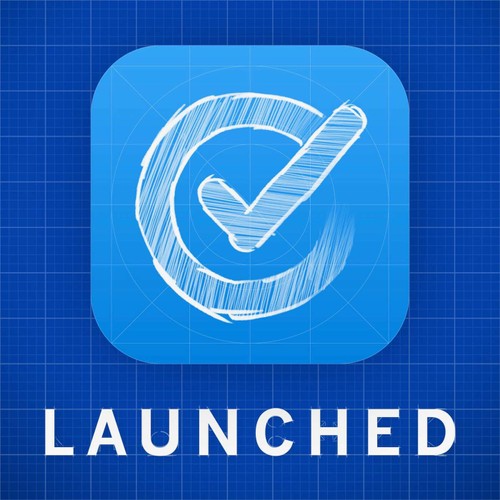
 Launched
Launched 66: Structured - Leo Mehlig
Sep 19, 2023
Leo Mehlig, developer of Structured, talks about building and growing his day planner app. Topics include: becoming an indie developer, challenges faced in building and launching an app, unexpected success of 'Structured', implementing a pro plan, app evolution and price increase, navigating paperwork and fear, challenges of collaboration and clean code, the importance of having a QA person, importance of optimization for CEOs, promoting podcast on social media.
Chapters
Transcript
Episode notes
1 2 3 4 5 6 7 8 9
Introduction
00:00 • 2min
Becoming an Indie Developer and Creating 'Structured'
02:26 • 14min
Transitioning to a Pro Plan
16:37 • 6min
App Evolution and Price Increase
22:55 • 4min
Navigating Paperwork, Fear, and the Transition to Full-time Indie Development
26:34 • 2min
Challenges of Collaboration and Clean Code
28:41 • 9min
The Importance of Having a QA Person
37:21 • 21min
Importance of Optimization for CEOs
58:01 • 17min
Promoting Podcast on Social Media and Requesting Engagement
01:14:38 • 2min
